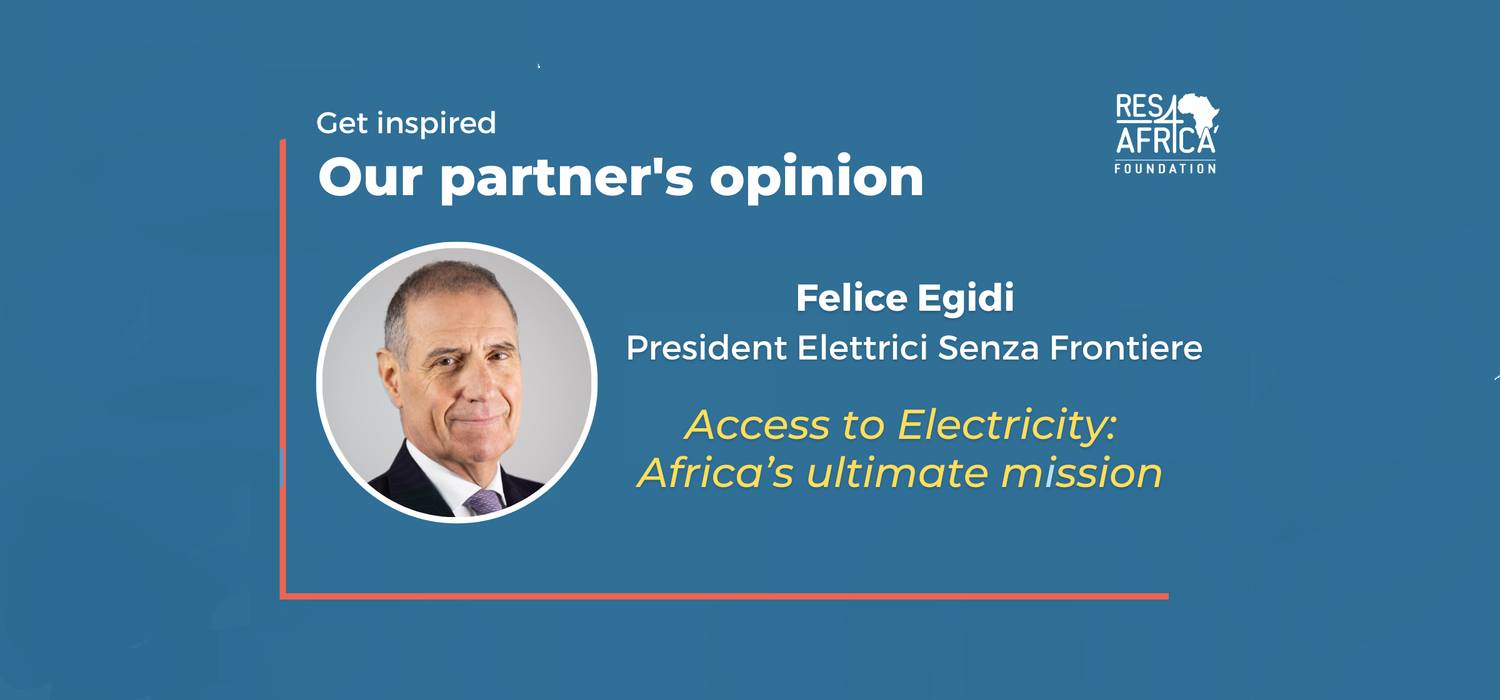
Access to Electricity: Africa’s ultimate mission
Almost one billion of the Earth’s population has no access to electricity. A staggering and alarming data, which however is deemed to improve in some specific areas: for instance, India should be able to grant universal electricity access by 2030. A whole other story, unfortunately, is the one of Sub-Saharan Africa: still a huge part of its population has no access to electricity, and according to the International Energy Agency, by 2030, it will host more than 90% of the population in the world who doesn’t benefit from it.
Increasing Africa’s electrification rates appears, therefore, as one of the most compelling challenges of our times. As a matter of fact, guaranteeing access to electricity and water isn’t just helpful to increase the economic conditions of African communities: it is also one of the most essential enablers for social welfare, including access to school education and healthcare improving. Providing electricity and water is, therefore, the most straightforward way to provide social rights to the people.
A obstacle that Elettrici Senza Frontiere Italia is well determined to overcome. Established in 2015 by Enel, the Union of Workers Flaei-Cisl, and other similar entities, it acts under the umbrella of the French no-profit organization “Electriciens sans Frontières”, active since decades in the same field. Elettrici Senza Frontiere aims at providing support to populations without access to water and electricity over all parts of the globe, with a focus on some Sub-Saharan countries (Kenya, Cameroon, Senegal, Angola and Congo), and Latin America, were ESFI recently operated in Peru, together with the US branch "Electrical Workers Without Borders".
ESFI pursues its mission through different approaches: it mainly provides photovoltaic mini grid installations with battery storage, to supply electricity to little villages where electricity and water doesn’t even exist. Another strategy is retrofitting dismissed PV plants in remote areas: these plants are often out of order since a long time, and with no specific intervention they probably would never be put in operation.
ESFI’s ultimate tool, however, is training. Providing local capacity building to operate and maintain the plants in working order helps to develop a proper mindset, and provides important tools for the beneficiaries to spread over their knowledge. Local people should gain the knowledge and skills to adapt themselves to understand the importance of being independent in managing plants and relevant maintenance. But not only. People learning skills help continuous growth to their environment, providing cross -ertilization to the rest of local population.
It goes without saying that ESFI’s mission and vision couldn’t be closer to the one of RES4Africa Foundation, and the result is a long-lasting real win-win cooperation, based on capacity building, training and projects characterized by a high local added value.
ESFI is now looking forward to enlarge its ground of presence, and to do so it need that companies and communities understand the added value that it is possible to bring locally in areas where there is no energy and poverty.
Felice Egidi
President of Elettrici Senza Frontiere Italia
